Everyday Habits to Ease Inflammation

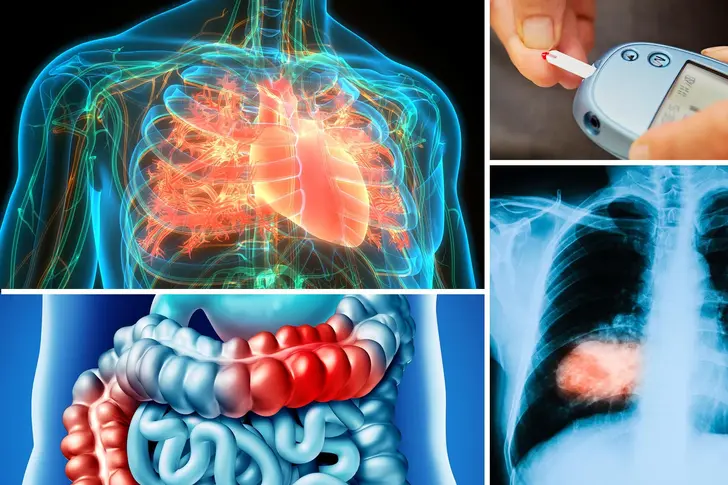
Too Much of a Sometimes-Good Thing
Your body needs some inflammation to fight infection and speed healing. But too much for too long can push your immune system to attack healthy organs and tissues. This can lead to heart disease, diabetes, cancer, arthritis, and irritable bowel diseases. Luckily, there are ways to keep the flames at bay.

Catch Enough ZZZs
When you don’t get the sleep you need, your body may kick inflammation up a notch. Your goal should be 7-9 hours every night. Aim for both quality and quantity. Go to bed and wake up at the same time every night and day, put your screens away well before you lie down, and sleep in a cool, dark, and quiet room.

Go for a Stroll
It takes as little as 20 minutes of moderate exercise, such as a brisk walk with your dog or a friend, to head off an anti-inflammatory response in your body. Health guidelines call for 30 minutes of physical activity a day, 5 days a week. If you currently don’t work out at all, 20 minutes is a great place to start.
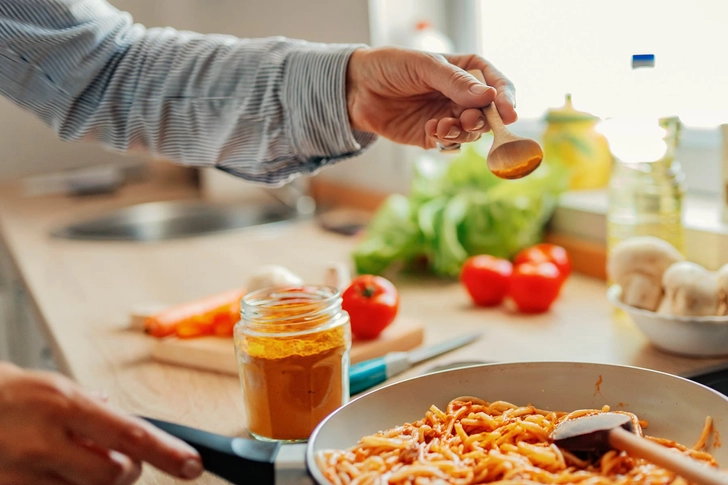
Spice It Up
Studies on turmeric, rosemary, cinnamon, cumin, and ginger show they may slow down processes in your body that lead to inflammation. Dial up the flavors in your dishes and give your health a boost by trying out some of these spices.
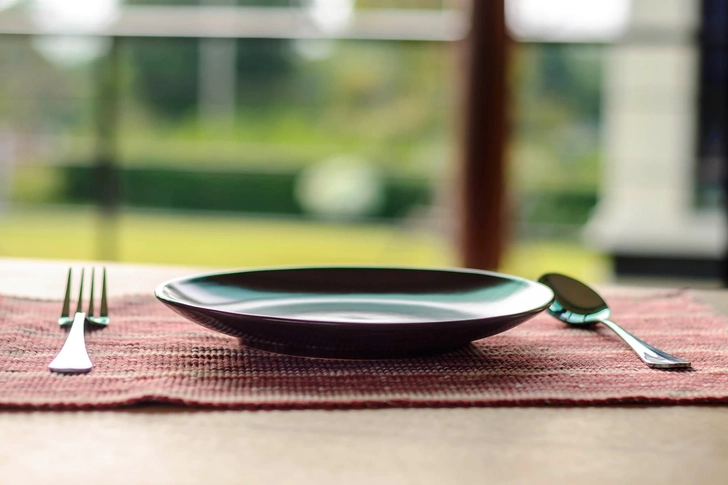
Try Fasting
Research shows intermittent fasting may be more than just a fad. Eating only during a fixed window of time each day can have anti-inflammatory effects. Long-lasting inflammation can raise your risk for conditions including heart disease, cancer, and diabetes. There are many ways to follow this eating plan. A common method involves only eating between 10 a.m. and 6 p.m. daily.
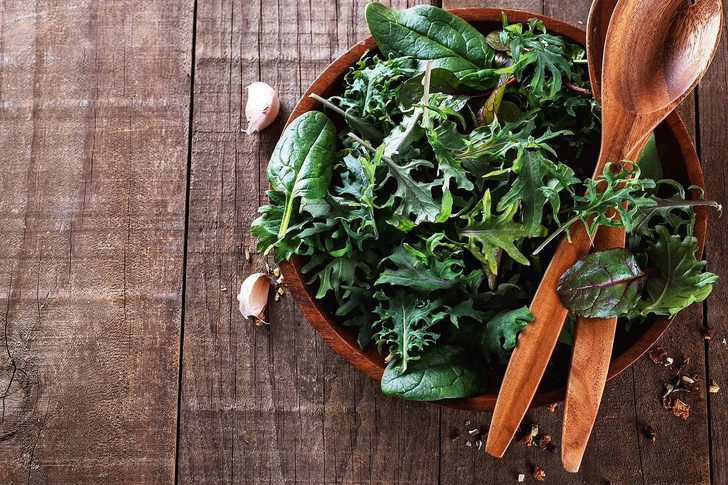
Get Your Greens
Stock up on salad fixings. Greens such as collards, broccoli, kale, and spinach have antioxidants and other compounds that can help reduce inflammation and keep day-to-day damage to your cells to a minimum. The U.S. Department of Agriculture recommends that women eat at least a cup and a half of dark green vegetables every week. Men ought to eat two.

Try Yoga
This ancient Indian practice focuses on breathing. It also helps lower levels of the stress-related hormone cortisol. When yoga is a regular part of your routine, you may also feel less depressed, less anxious, and have fewer symptoms of inflammation, such as high cholesterol and unstable blood sugar levels.

Easy on the Alcohol
A glass of wine with dinner isn’t going to do much harm. But too much alcohol can raise toxin levels in your body. This turns on inflammation, which can damage tissues and organs. If you drink at all, do so in moderation. What does that mean? According to the CDC, it’s no more than one drink a day for women and two for men.

Upgrade Your Diet
Refined carbohydrates, red meats, and fried foods raise inflammation in your body. Swap out unhealthy foods for inflammation-fighting fruits, vegetables, nuts, beans, and fish. Plan your menu around foods such as tomatoes, blueberries, almonds, walnuts, lentils, and salmon.
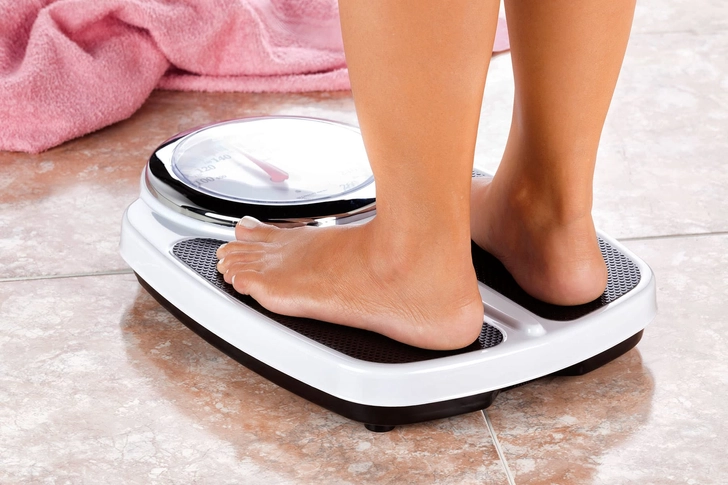
Shed Extra Weight
If you’ve got a few pounds to lose, getting rid of them could ease inflammation. Excess weight, on the other hand, can make it worse. That’s part of the reason obesity and overweight are risk factors for so many health conditions. Talk to your doctor about how you can get into a weight range that’s healthy for you.
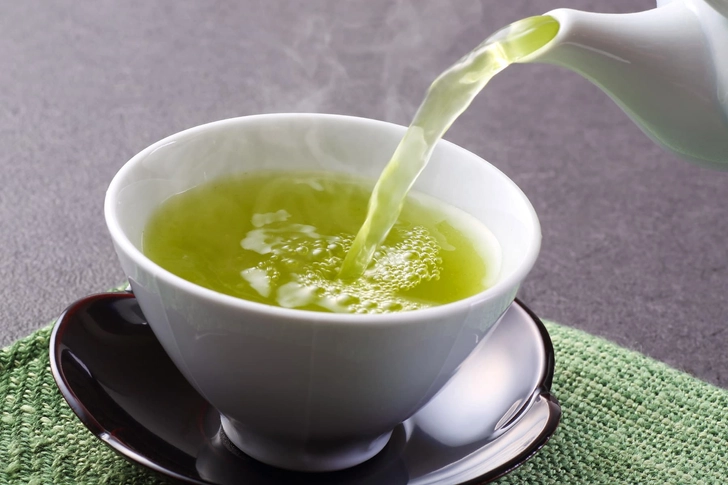
Go for Green Tea
If a cup of joe is your morning habit, try green tea instead. It’s packed with compounds known as polyphenols that fight off free radicals. These molecules can promote inflammation in your body. You don’t have to kick your coffee habit altogether. Consider swapping out one cup a week for the green stuff.

Stop Smoking
Smoking comes with a laundry list of harmful effects. Higher levels of inflammation is one of them. Decide to quit and pick a day to do it. You don’t have to go it alone, though. Your doctor can come up with a plan so you can kick the habit for good.
IMAGES PROVIDED BY:
- (Clockwise from top left) magicmine / Getty Images, vitapix / Thinkstock, Sutthaburawonk / Thinkstock ,wildpixel / Thinkstock
- Adene Sanchez / Getty Images
- SolStock / Getty Images
- PixelsEffect / Getty Images
- pakornkrit / Getty Images
- vonEisenstein / Getty Images
- Doucefleur / Getty Images
- KatarzynaBialasiewicz / Getty Images
- SochAnam / Getty Images
- fcafotodigital / Getty Images
- taa22 / Getty Images
- solidcolours / Getty Images
SOURCES:
Harvard Health: “Understanding acute and chronic inflammation,” “Yoga could slow the harmful effects of stress and inflammation,” “Foods that fight inflammation.”
Best Practice & Research: Clinical Endocrinology & Metabolism: “Sleep Loss and Inflammation.”
CDC: “How Much Sleep Do I Need?” “Tips for Better Sleep,” “Health Effects of Cigarette Smoking.”
UC San Diego Health: “Exercise … it Does a Body Good: 20 Minutes Can Act as Anti-Inflammatory.”
American Society for Nutrition: “Adding a variety of spice to food may benefit health.”
News release, Mount Sinai.
BioMed Research International: "Effects of 8-Week Hatha Yoga Training on Metabolic and Inflammatory Markers in Healthy, Female Chinese Subjects: A Randomized Clinical Trial."
Arthritis Foundation: “Best Vegetables for Arthritis,” “Best Drinks for Arthritis.”
World Journal of Gastroenterology: “Alcohol, inflammation, and gut-liver-brain interactions in tissue damage and disease development.”
Lancet: “The leaky gut of alcoholism: possible route of entry for toxic compounds.”
Mayo Clinic: “Obesity.”
Cleveland Clinic: “Why Smoking Will Worsen Your Chronic Pain.”